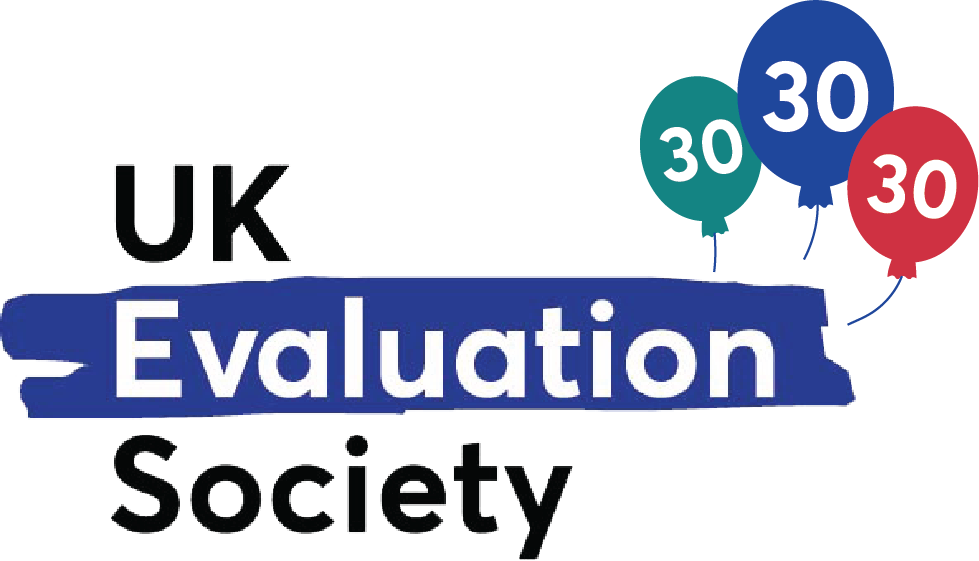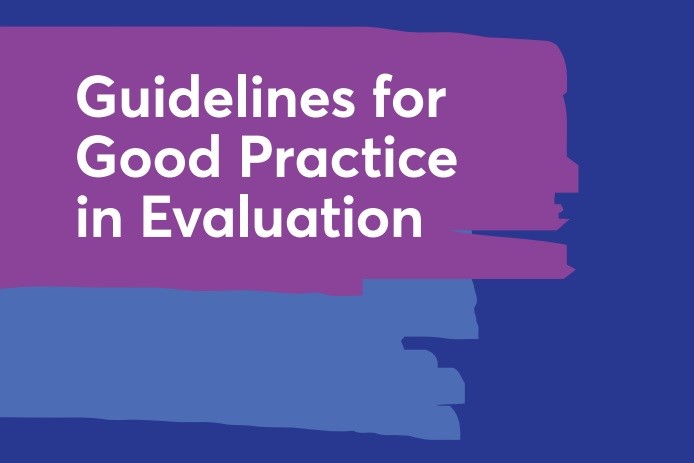Good Practice Guidelines
The Guidelines for Good Practice in Evaluation represent a set of principles for action in evaluation
The Guidelines are designed to help commissioners, practitioners and participants establish good practice in the conduct of evaluation.
Several features of the Guidelines have widespread appeal:
- They are grounded in practice; by first identifying a problem or issue encountered in the field and then devising a statement that potentially guides its resolution
- The statements are not only for evaluators; they are for commissioners, those who conduct institutional self-evaluation and participants in evaluation whether external or internal
- They are educative, designed to promote a dialogue between all groups to ensure quality evaluation in practice
- They are user-friendly and in an accessible format
The Guidelines were revised in 2018 after extensive discussion with members via a survey, at conference, by Council members and a small working group.
How they were developed
The UK Evaluation Society Guidelines for Good Practice in Evaluation were first published in 2003 in the context of increasing awareness by several evaluation societies of the need for standards or guiding principles of evaluation to enhance professionalism and professionalisation of evaluation. Spearheaded by the initiative of the American / Canadian Joint Committee for Standards in Educational Evaluation and, in particular, their Program Evaluation Standards, published in 1994, other evaluation societies soon followed suit, several adapting the Joint Committee Standards.
The UK Evaluation Society Working Group on Ethics took a different approach. As a relatively new Society inaugurated in 1994, Council decided it was not appropriate at that time to establish standards. A more appropriate way forward was the Guiding Principles which the American Evaluation Association (AEA) developed in 1994 and have revised several times since.
The UK Evaluation Society Working Group on Ethics examined all the existing sets of guidelines / standards and decided that, rather than adapt other countries’ standards or guidelines, it should devise its own. These were developed based upon democratic values and principles but moved closer to offering practical guidance in the field. Hence the title, Guidelines for Good Practice in Evaluation.

